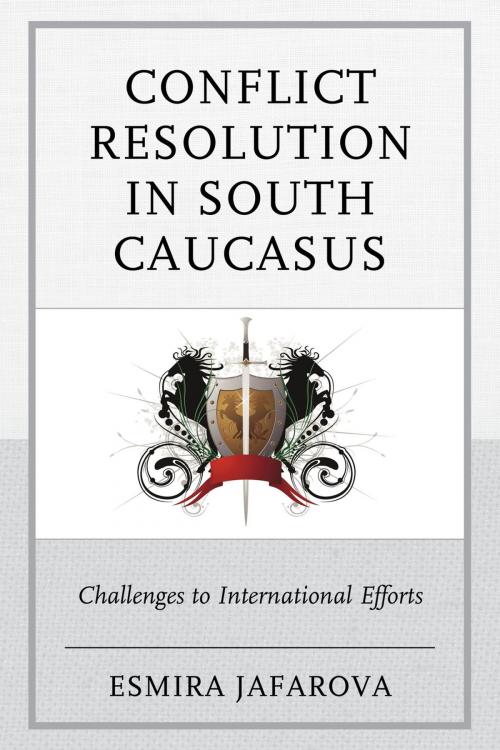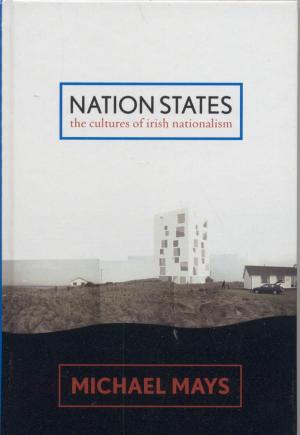Conflict Resolution in South Caucasus
Challenges to International Efforts
Nonfiction, Social & Cultural Studies, Political Science, International, Treaties, International Relations, Politics, History & Theory| Author: | Esmira Jafarova | ISBN: | 9781498502863 |
| Publisher: | Lexington Books | Publication: | December 18, 2014 |
| Imprint: | Lexington Books | Language: | English |
| Author: | Esmira Jafarova |
| ISBN: | 9781498502863 |
| Publisher: | Lexington Books |
| Publication: | December 18, 2014 |
| Imprint: | Lexington Books |
| Language: | English |
This book aims to highlight the efforts by the international community to facilitate solutions to the conflicts in the South Caucasus, and focuses particularly on the existing challenges to these efforts. The South Caucasus region has long been roiled by the lingering ethno-national conflicts—Nagorno-Karabakh conflict between Armenia and Azerbaijan, Abkhazia and South Ossetia conflicts within Georgia—that continue to disrupt security and stability in the entire region. Throughout different phases of the conflicts the international community has shown varying degrees of activism in conflict resolution. For clarity purposes, it should be emphasized that the notion of “international community” will be confined to the relevant organizations that have palpable share in the process—the UN, the OSCE, and the EU—and the states that have the biggest impact on conflict resolution and the leverage on the conflicting parties—Russia, Turkey, and the United States.
This book aims to highlight the efforts by the international community to facilitate solutions to the conflicts in the South Caucasus, and focuses particularly on the existing challenges to these efforts. The South Caucasus region has long been roiled by the lingering ethno-national conflicts—Nagorno-Karabakh conflict between Armenia and Azerbaijan, Abkhazia and South Ossetia conflicts within Georgia—that continue to disrupt security and stability in the entire region. Throughout different phases of the conflicts the international community has shown varying degrees of activism in conflict resolution. For clarity purposes, it should be emphasized that the notion of “international community” will be confined to the relevant organizations that have palpable share in the process—the UN, the OSCE, and the EU—and the states that have the biggest impact on conflict resolution and the leverage on the conflicting parties—Russia, Turkey, and the United States.















